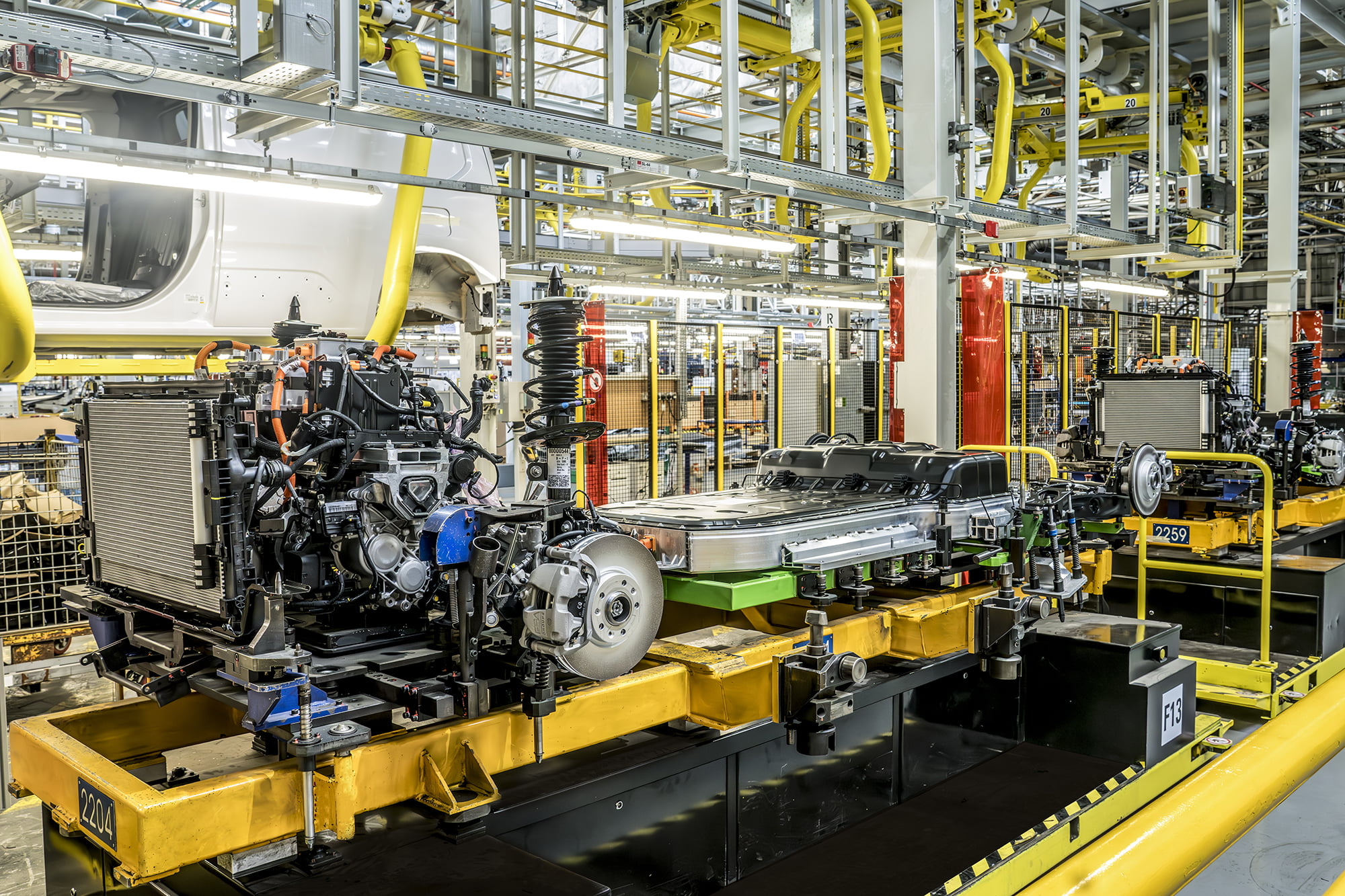

The UK automotive industry is an export-led sector that trades with more than 140 countries, and we have a particularly important, long-standing and, indeed, mutually beneficial relationship with the US. Consumers there enjoy vehicles built in Britain by some iconic brands, while thousands of Britons buy cars made in America. So, while Wednesday’s announcement by President Trump is not surprising, it is disappointing if, as seems likely, additional tariffs are to apply to UK-made cars. Globally, the automotive trade landscape is changing quickly, so we should explore ways to create opportunities for our manufacturers to benefit, especially where strong partnerships already exist. That benefits the consumer, jobs and economic growth, which is why the UK industry is urging both sides to come together immediately and strike a deal that works for all.
Such challenges are a reminder of the need for UK government to set out its industrial and trade strategies. Both are vital for the automotive industry, given we are a major growth driver, one of the UK’s biggest exporters of goods by value, and support hundreds of thousands of jobs across the country. This week’s announcement of a £250 million investment to produce compound semiconductors in Wales, ramping up the domestic EV supply chain, is tremendous news and a significant step in the right direction. However, we also need the urgent rollout of the £2 billion Automotive Transformation Fund, to which government has committed, to kickstart those strategies.
Automotive growth is not guaranteed, however, and the latest data published by SMMT this week shows UK car production fell for the 12th consecutive month in February, down -11.6%. It comes amid a period of plant restructuring and model changeovers. However, there are also soft markets at home and overseas. A strong domestic market for the vehicles we make here is crucial to attract further investment and deliver decarbonisation, with the UK having tough targets for the sale of zero emission cars and vans.
This week’s Spring Statement was a chance to support those ambitions, but one sadly missed as HM Treasury remains committed to a single major fiscal event for any substantive changes, namely an Autumn Budget. The measures we have proposed are designed specifically to support the EV transition and the momentum it needs now – halving VAT on new EV purchases to drive up EV demand by a further 15%, putting more than two million EVs, rather than fossil fuelled vehicles, on the road by 2028. Cancelling the VED Expensive Car Supplement for EVs, meanwhile, and cutting VAT on public charging would remove two major disincentives that continue to hold consumers back.
That momentum would drive further growth across the road transport industry, for every EV requires charging, insuring, maintaining, servicing and energy supply while also boosting the second-hand market, where most drivers buy their next car. We will continue, therefore, to advocate for consumer incentives to increase EV demand as it remains in everyone’s interests.
SMMT Update
Now is the time for drivers to switch, and now is the time to invest in the UK – these are the strong messages that we must send.
SMMT Update
Sign up to the SMMT Update Newsletter for weekly automotive news and data
"*" indicates required fields

